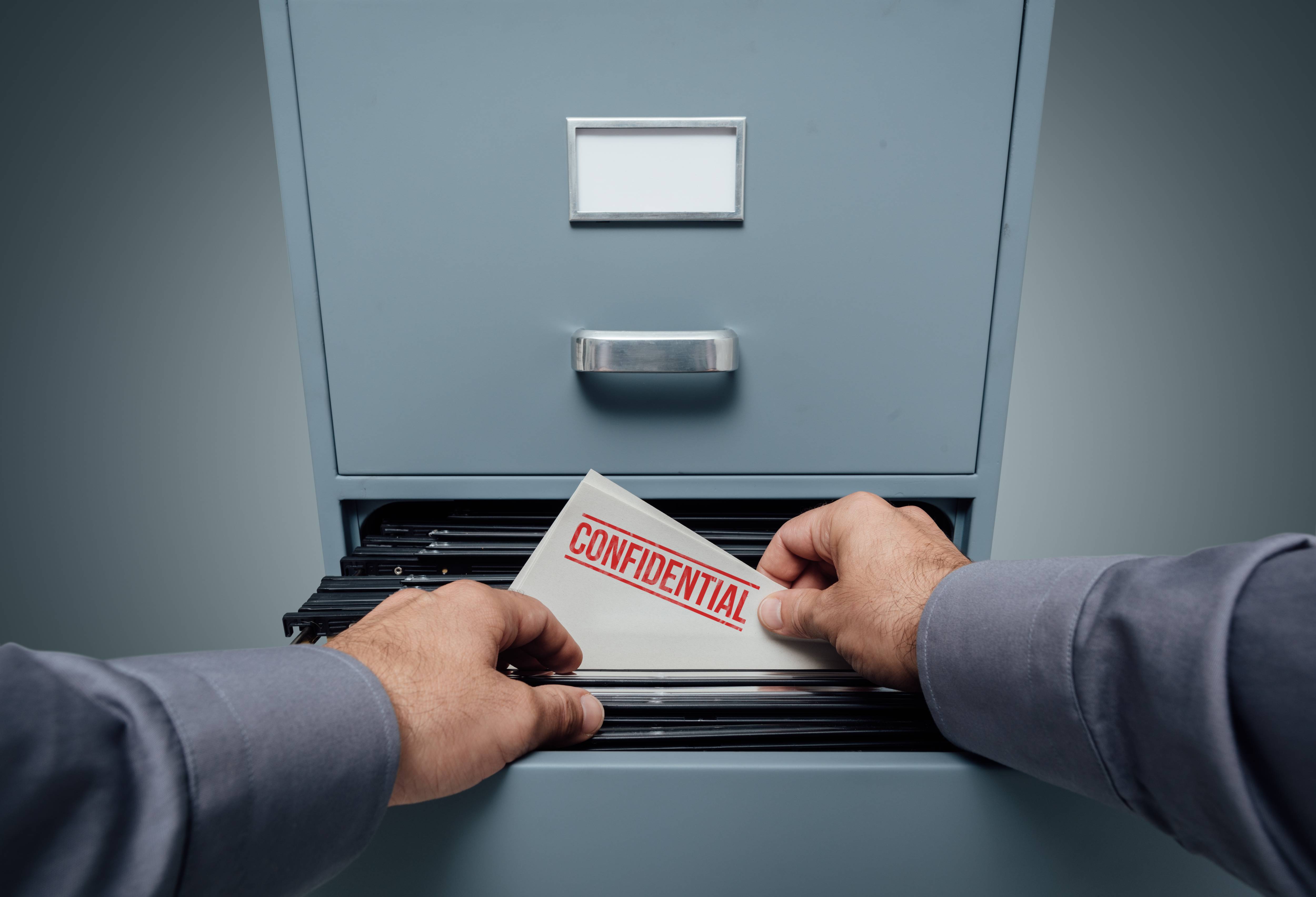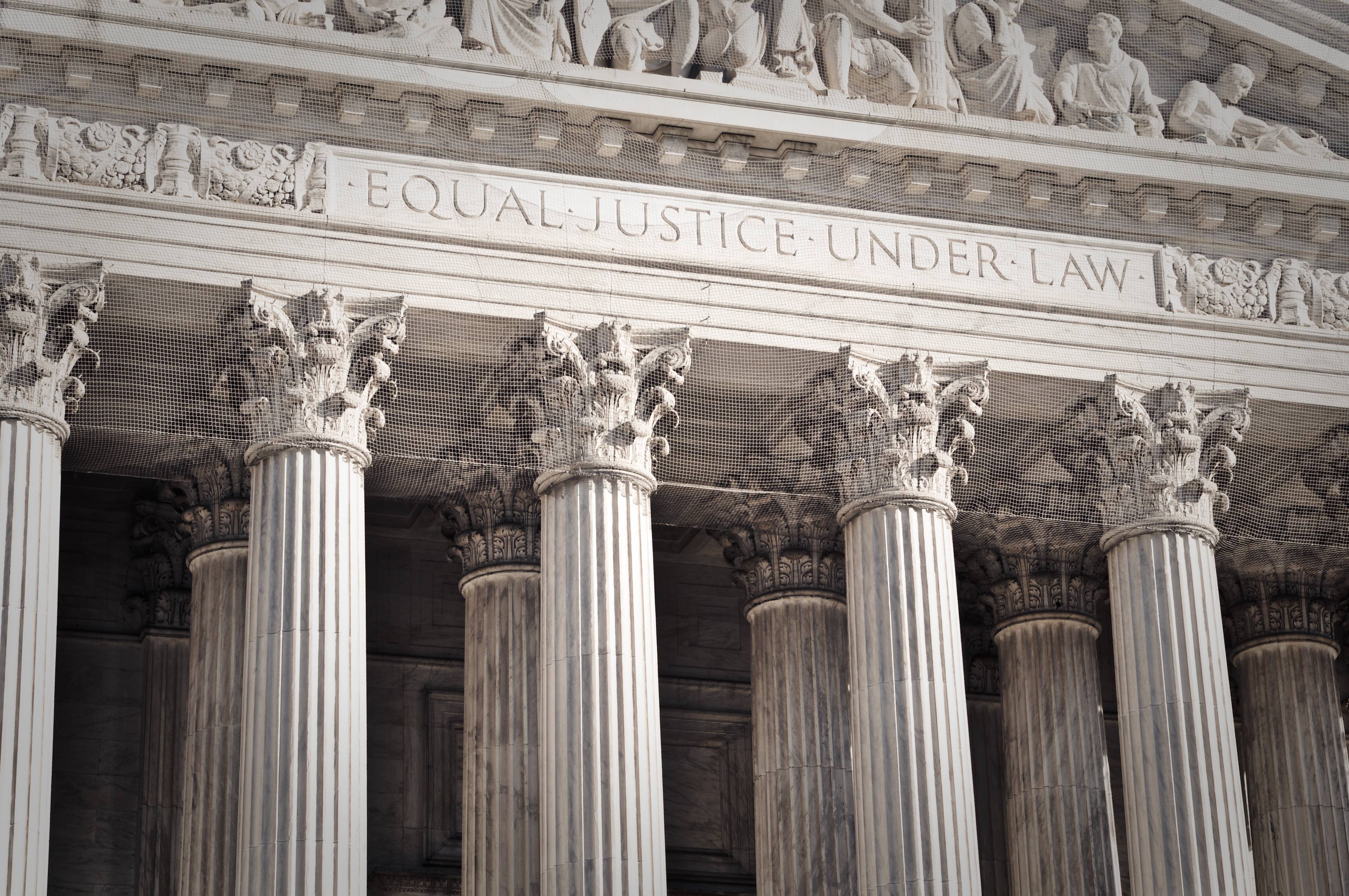
Helping California Whistleblowers 101
 By Daniel Amos
By Daniel Amos If you have knowledge of unlawful conduct in your workplace, the law gives you the power to stop it.
In this article, I will give you a brief summary of what you can do to protect yourself from retaliation and help you understand how important it is for you to seek the immediate advice of a personal injury lawyer who specializes in whistleblower law.

Here are two recent examples of whistleblower cases:
One of our Higher Legal lawyers recently helped a physician who became a whistleblower because he could no longer stand by as his employer endangered people. The physician made repeated complaints to his hospital that its surgery program was so understaffed that patients were not receiving the standard of medical treatment they required and deserved. In response, the hospital retaliated against him. The physician, therefore, filed a whistleblower action against the hospital.
The hospital attempted to have the physician's lawsuit dismissed by claiming the hospital was protected by the hospital's “peer-review process” but following extensive litigation, the California Supreme Court sided with the physician and against the hospital.

In another recent national whistleblower case, a hospital paid $14.5 million to settle a federal whistleblower action which alleged the hospital had fraudulently over-billed insurers for medical services performed by trainees without proper supervision. It was the third time the hospital was required to make a multi-million dollar payment due to whistleblower complaints.
This claim was brought by Dr. Lisa Wollman, who alleged several surgeons regularly kept patients under anesthesia longer than was medically necessary because the doctors were working in two operating rooms at the same time. This is another great example of a whistleblower doing what was right and helping to protect the public in the process.

There have also been major payments by large pharmaceutical companies including Johnson & Johnson ($2.2 billion), Abbott Labs ($1.5. billion), GlaxoSmithKline ($3 billion), Medco ($155 million), and Forest Laboratories ($170 million).
Here are a few steps you need to take if you have seen unlawful conduct at your employment and are going to file a whistleblower claim:

Step One: Be careful and hire a qualified lawyer quickly
It’s important to be careful and deliberate in everything you do because all of your actions can impact your whistleblower case. The sooner you contact a personal injury lawyer who specializes in whistleblower cases the less likely you will make critical mistakes. You don’t need to have all of your information organized before you contact a lawyer, so reach out as soon as possible because this will greatly improve your chances for a successful outcome.

Step Two: Stay at your job until you speak with a lawyer
There is wisdom in staying at your job, if you are still there, as it will help you and your lawyer build your whistleblower case. This might be difficult to do, but your lawyer will be able to help soften the blow if your company has isolated you or retaliated against you. While you are still employed you will be able to compile information about the “Who, What, When, Where, and Why” of the unlawful actions at your company.
If you have already left your job, you may still be able to file a whistleblower case and there are a number of state and federal protections for you.

Step Three: Keep it confidential
It will be important to take excellent notes about the unlawful actions of your employer, and it is equally important to keep those notes confidential and protected. If you are working with a lawyer you will have protections afforded by the attorney-client privilege, and if you are working with a California State Bar Certified Lawyer Referral Service like Higher Legal, you will be covered by the privileges of the LRS-Client privileges set forth in California Evidence Code §965.
The California Labor Code and California State Auditor also provide whistleblowers protection designed to incentivize employees to report unlawful conduct in the workplace without fear of retaliation by their employer. Your whistleblower lawyer will be able to assist you in the proper filing of these claims.

Here’s California law on whistleblower cases
The easiest way for you to find the actual law that applies to a whistleblower case in California is to look at the book of official California Civil Jury Instructions. The jury instruction to start with to see what you need to prove in a case is contained in CACI No. 4603. Whistleblower Protection - Essential Factual Elements (Lab. Code, § 1102.5) I wrote a previous article that gives step-by-step instructions on how to find the CACI Jury Instructions called, What law applies to your case?

What’s in it for you?
There are lots of reasons why citizens file whistleblower cases. If you have seen the viral 60 Minutes interview of Francis Haugen, the computer data scientist who blew the whistle on Facebook, you have seen her concern for the young girls who were being intentionally harmed by Facebook as well as the amplification of hate speech and misinformation they were spreading on their global platform. This is probably the most visible whistleblower case in recent history.
But there are many other hard-working citizens who believe in right over wrong who also put their jobs at stake. Why do they do it?
One reason is money.
The law allows a private citizen with knowledge of fraud against the government to bring a lawsuit on behalf of the government. If the lawsuit results in a monetary recovery, the person who filed the case can receive a portion of the amount recovered, usually between 15 and 30 percent. The False Claims Act also allows you to sue employers for retaliating against you for whistleblowing. Whistleblowers who suffer may be able to sue for unlawful retaliation.
Whatever the motivation might be, you deserve a workplace that is not engaged in unlawful acts and that is free from harassment and retaliation.

Get a qualified lawyer to help you ASAP
As I have written in prior articles, the area of personal injury law is vast. If I had to choose, I would say that the area of employment law within personal injury is probably the most complicated. You are going to need the help of an expert lawyer to figure out when, where, and how to file your complaint.
Part of this calculation will be determined by whether you work for the state or federal government. Depending on where you work there are several different avenues you might need to pursue. Federal employees can file a complaint with the OIG (Office of Inspector General) while Los Angeles and California state workers can file a complaint with the California state auditor. In the case of workplace safety violations, you may need to file a complaint with Cal OSHA.
If however, you work for a private company, your lawyer will know the best options to pursue. Private whistleblowers sometimes aid investigations involving corporate misconduct and they may testify in court cases involving unlawful actions by a private company. Whistleblower cases may involve tax fraud, discrimination, illegal polluting or dumping of chemicals, ongoing sexual harassment, the failure to follow safety regulations, and more.
Summary
The California Labor Code defines a whistleblower as, “An employee who discloses information to a government or law enforcement agency… so long as the employee has a reasonable cause to believe that they are reporting a violation of state or federal laws or regulations…unsafe working conditions or work practices.”
Know your rights as an employee. Don’t let your employer conduct unlawful practices which may harm our society. If you are thinking of filing a whistleblower claim, do so immediately and get a lawyer who will protect your rights.
I hope you found this information interesting. If you need a referral to a great employment lawyer, send me a message and I will get right back to you.
And I hope you will ‘LIKE’ this post and ‘SUBSCRIBE’ to my Higher Legal blog and Higher Legal YouTube channel. Your help will help me spread the word to others that help is available to people who are looking for reliable legal information.
Thanks for reading!